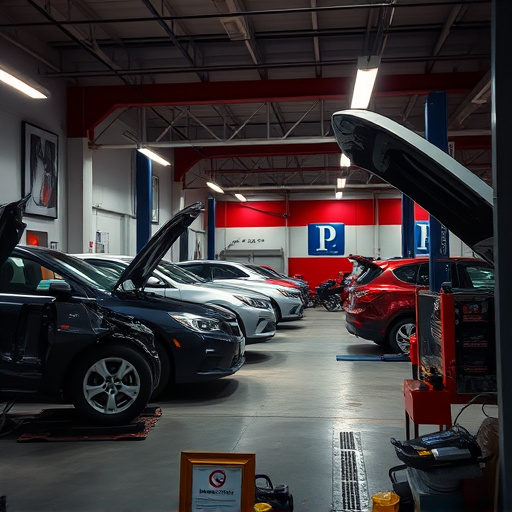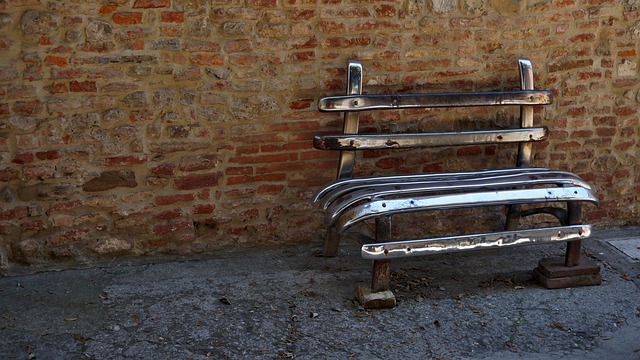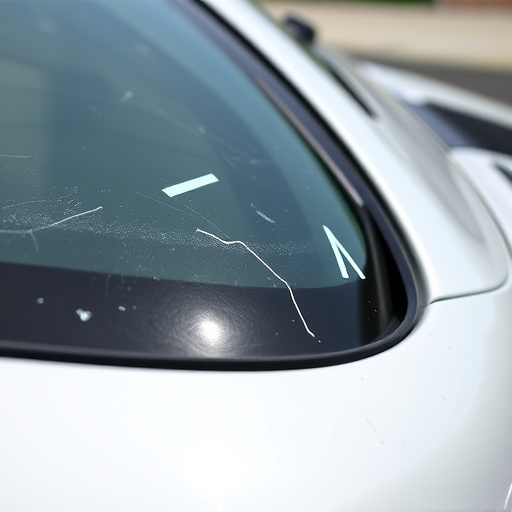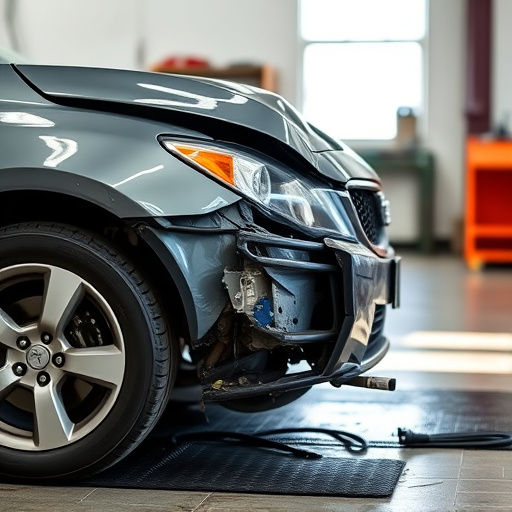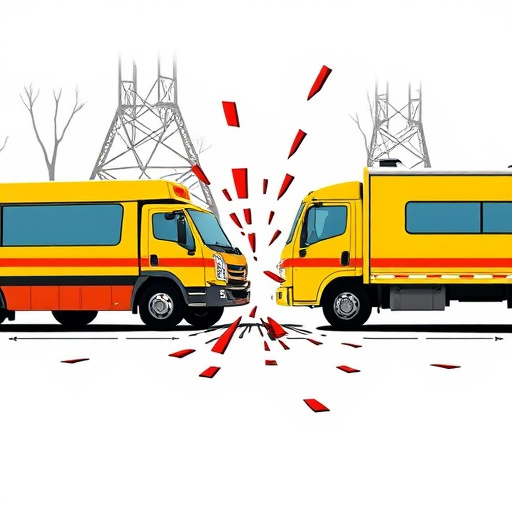After an accident, monitor transmission warning signs like shifting difficulties, unusual noises, and fluid leaks. Schedule a thorough transmission inspection by a qualified mechanic to prevent severe damage and costly repairs. Regular inspections ensure smooth operation of this vital vehicle system.
After an accident, your vehicle’s transmission may exhibit warning signs indicating potential damage. Recognizing these symptoms is crucial for ensuring safe and reliable operation. This article guides you through common post-accident transmission issues and provides inspection tips to uncover hidden damage. Learn when to suspect a serious transmission problem after collisions and discover the importance of a thorough transmission inspection following an accident.
- Common Symptoms Post-Accident: A Transmission's Cry for Help
- When to Suspect a Serious Transmission Issue After Collisions
- Inspection Tips: Uncovering Hidden Damage in Your Vehicle's Heart
Common Symptoms Post-Accident: A Transmission's Cry for Help

After a collision, your transmission may be emitting warning signs that it needs attention. While some issues might be subtle, others can indicate significant damage. Common symptoms post-accident include difficulty shifting gears, a humming or grinding noise during operation, and a strong unpleasant odor coming from the vehicle’s underbody. These are all clear signals that a transmission inspection is necessary.
Ignoring these signs could lead to more severe problems, such as complete transmission failure, which can be costly to repair. Consider it a cry for help from your vehicle’s crucial transmission system. A thorough inspection by a qualified mechanic will determine whether the damage is minor and reparable or if extensive repairs, akin to car bodywork restoration after hail damage repair, are required to bring your vehicle back to its pre-accident condition.
When to Suspect a Serious Transmission Issue After Collisions

After a collision, it’s crucial to perform a thorough transmission inspection as soon as possible. While some minor issues may not immediately present themselves, there are several warning signs that could indicate a more serious transmission problem. If you notice any unusual noises, such as grinding or whining during gear changes, or if you experience difficulty shifting gears, these could be red flags. Additionally, pay attention to any fluid leaks from the transmission area; even a small amount of leakage can suggest a potential issue.
Time is of the essence when dealing with transmissions, as many components are delicate and can fail rapidly after an accident. If your car exhibits any of these symptoms, it’s advisable to visit a reputable car body shop for a professional transmission inspection rather than delaying. Prompt action can prevent further damage and ensure cost-effective car body repair, especially compared to the potential expenses of a complete transmission replacement if the issue is left unattended. Remember, a scratch repair on the surface might be all that’s needed to get your vehicle back in top condition.
Inspection Tips: Uncovering Hidden Damage in Your Vehicle's Heart

After an accident, it’s crucial to undergo a thorough transmission inspection to uncover potential hidden damage. Start by checking for any leaks around the transmission, as this could indicate worn seals or bearings. Visually inspect the internal components for signs of wear, corrosion, or damage—a magnifying glass can help you spot tiny cracks or loose parts that might go unnoticed during a quick glance.
Consider taking your vehicle to a reputable collision repair center where skilled technicians have the tools and expertise to perform a comprehensive transmission inspection. They’ll know how to identify subtle issues that could lead to serious problems down the line, ensuring that your vehicle receives the best possible auto repair services. Remember, prompt attention to these warning signs can prevent costly repairs in the future.
After an accident, paying close attention to your vehicle’s performance is crucial. By recognizing the early warning signs discussed in this article—from unusual noises to fluid leaks—you can take proactive measures. Regular and thorough transmission inspections are key to maintaining your vehicle’s health post-accident. Don’t ignore any peculiar symptoms; they might be your car’s way of signaling a potential serious transmission issue. Armed with knowledge, you can ensure the longevity of your vehicle’s most vital component—the transmission.



